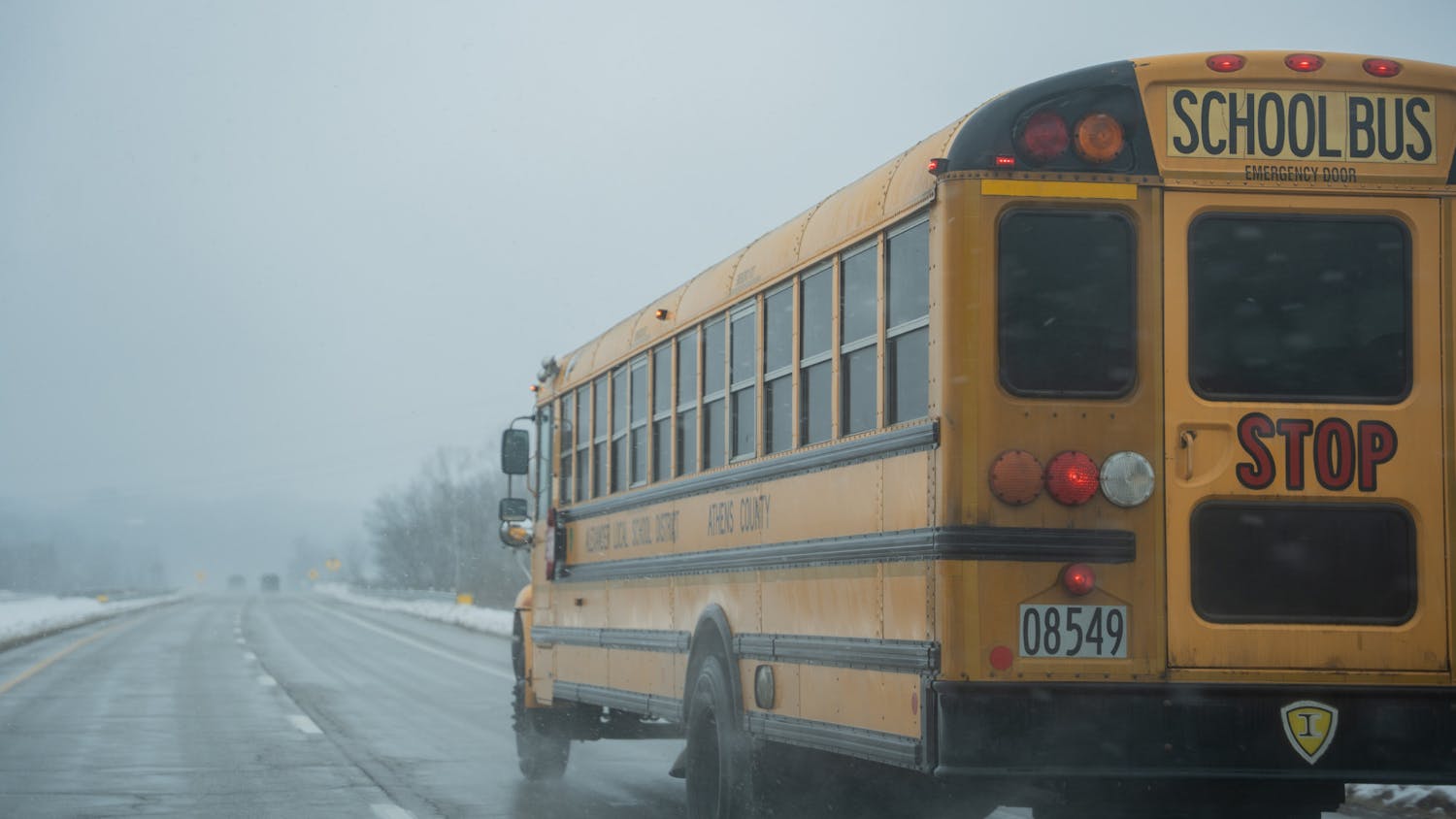The Ohio University Survivor Advocacy Outreach Program is no longer offering confidential counseling — a term it agreed to provide when it received state funding.
Although the Ohio University Survivor Advocacy Outreach Program is deemed a rape crisis center, thus exempt from felony reporting laws, the university cites that same law when explaining why the program is no longer offering confidential counseling to survivors of sexual assault.
Program directors agreed to offer confidential counseling as a “special condition” in order to receive funding from the Victims of Crime Act Victims Fund and the Rape Crisis Program Trust Fund, Catherine Wargo, OUSAOP program director, said.
Ohio University’s felony reporting policies were altered in January, which led to the confidentiality change and diminished services in the program.
“As an advocate, I believe that survivors of violence should have access to confidential services,” Wargo said in an email.
Wargo said one of the special conditions for the grants was that "the (awarded) organization must maintain confidentiality of client information as required by federal and state law.”
But Katie Quaranta, an OU spokeswoman, said the program still abides by those stipulations.
“SAOP maintains the confidentiality of client information to the extent permitted by federal and state law.” Quaranta said in an email. “Applicable law mandates reporting in certain situations, including: child and elder abuse, imminent threat of harm to self and/or others, and, unless there is privilege, felony reporting.”
However, there are exemptions to that statute, Katie Hanna, executive director of statewide advocacy group the Ohio Alliance to End Sexual Violence, said.
“One of the exemptions is for a bona fide program that is focused on supporting survivors of sexual assault,” Hanna said.
Those exemptions have historically been interpreted to be for rape crisis centers, Hanna said, adding that OUSAOP is considered a rape crisis program in Ohio.
Wargo said in order for any program to apply for and be awarded funding by the Ohio Attorney General’s office, it has to commit to providing confidential resources. With the change to the program, those resources aren’t offered.
The grant money the program currently receives is used to pay for the salaries and programming of OUSAOP, which is supported by Ohio University’s Office for Diversity and Inclusion, Quaranta said.
OUSAOP employs two full-time employees, a program coordinator and an outreach coordinator serving Hocking and Vinton counties, two part time student office workers and many volunteer advocates, Quaranta said.
Following the change in confidentiality, those employees now inform survivors of its reporting requirements immediately upon contact and suggest that survivors remain anonymous, unless they are interested in moving forward with law enforcement or legal reporting, Quaranta added.
“There are so many barriers that survivors face in reporting trauma of what has happened,” Hanna said. “A mandatory reporting of identifiable adult victim information can have a chilling effect on survivors seeking services.”
OUSAOP has served Athens, Gallia, Hocking, Meigs, Morgan, Perry and Vinton Counties since 2013. Prior to that, there was a gap in services in southeastern Ohio, Hanna said.
“When we see there isn’t a service provider or a confidential place to go, we often see a survivor may not even tell anyone,” she said.
OUSAOP is still open, but the lack of confidentiality has led to some changes.
The biggest impact on services will be “person advocacy,” Wargo said, pointing to medical accompaniment situations and walk-in office advocacy.
{{tncms-asset app="editorial" id="582455f6-6456-11e4-a8cb-001a4bcf6878"}}
“Advocates may not be able to support survivors fully, as identifiable and reportable information may be shared during in-person advocacy and accompaniment,” Wargo said in an email.
Research has shown that survivors of violence are more likely to come forward and seek services, including reporting sexual violence, when confidential resources are available, Wargo added.
“The lack of confidentiality could create an environment that deters survivors from reaching out for services,” Wargo said in an email.
Confidentiality also allows survivors and advocates to create a relationship of trust and safety that promotes survivors’ ability to make choices based on their own best interests, Wargo added.
Research also shows that when confidential services are offered, there’s an increase in survivors reaching out to access service, as well as following through with reporting to law enforcement, she said.
“Confidentiality allows survivors to access information and support from advocates who have been trained in trauma informed services,” Wargo said in an email.
@Fair3Julia
Jf311013@ohio.edu






